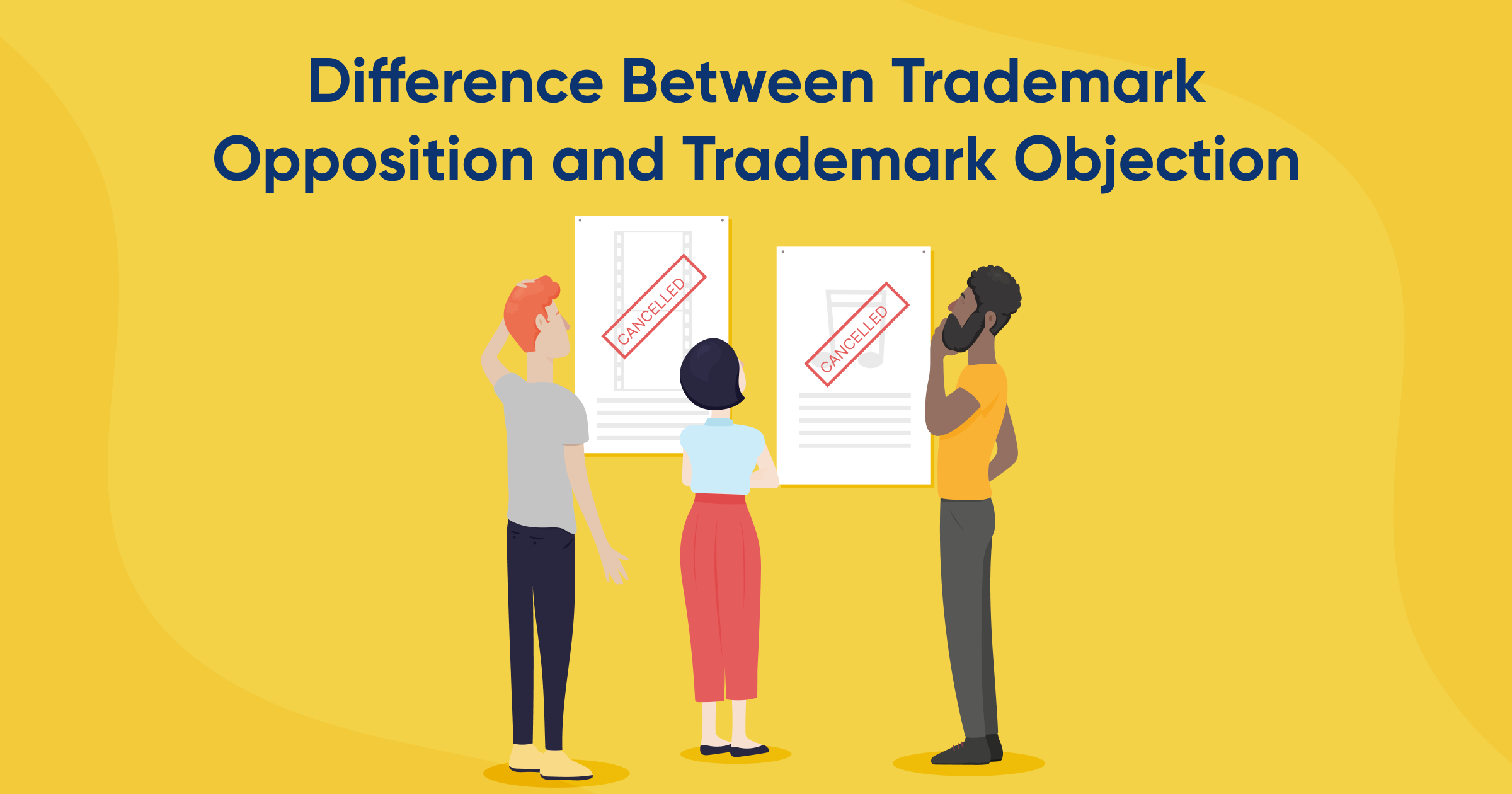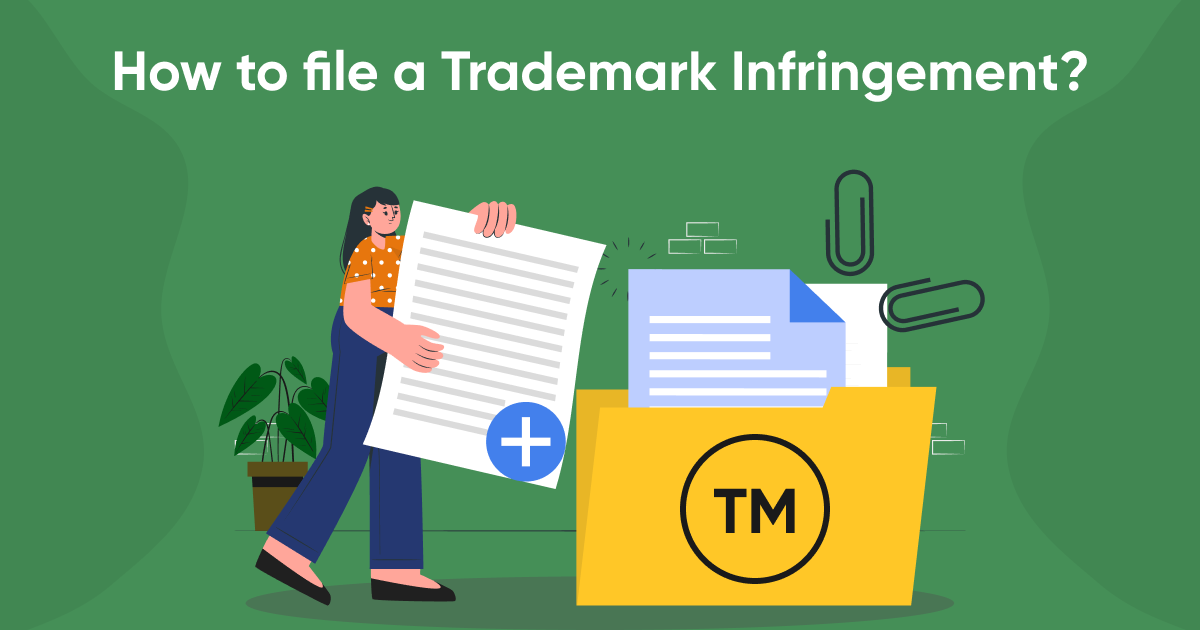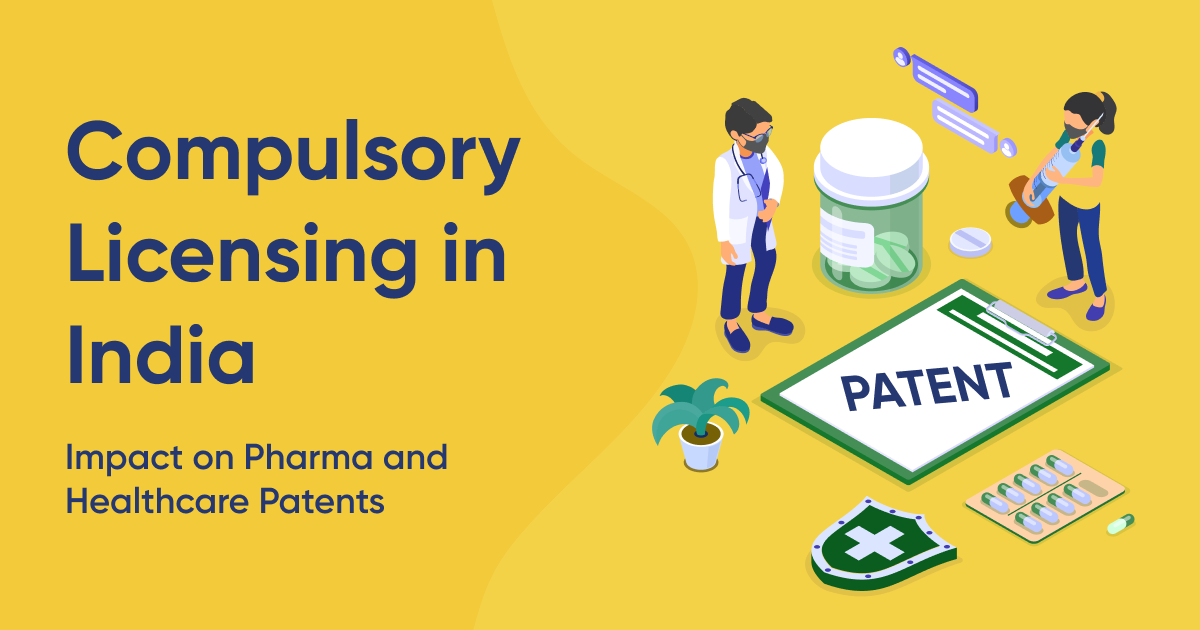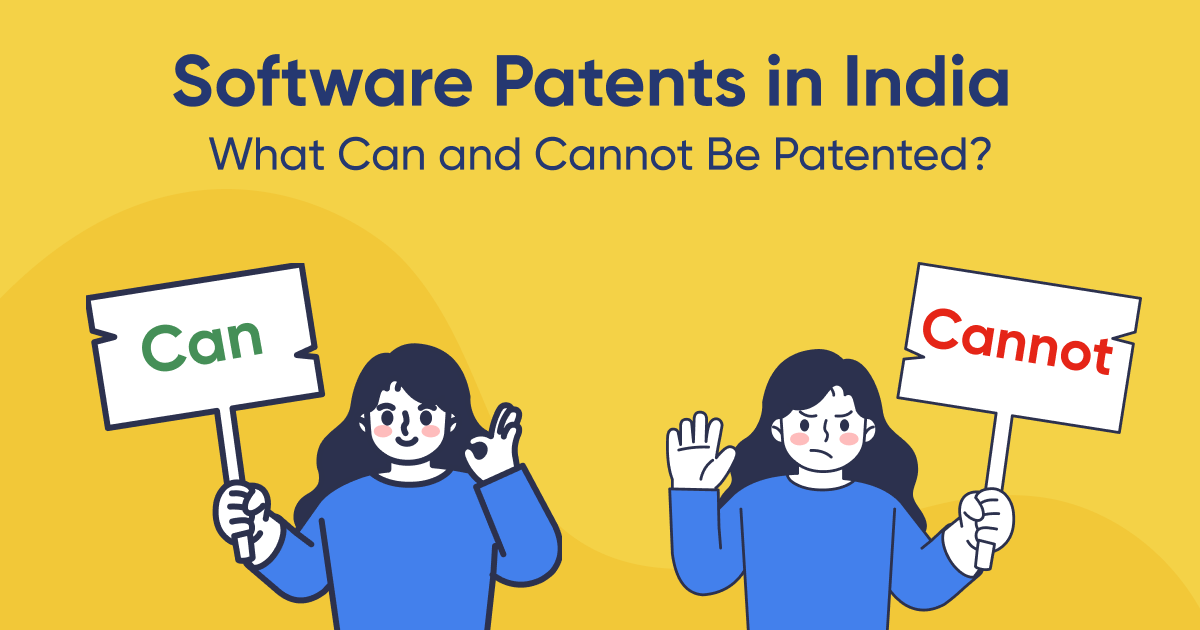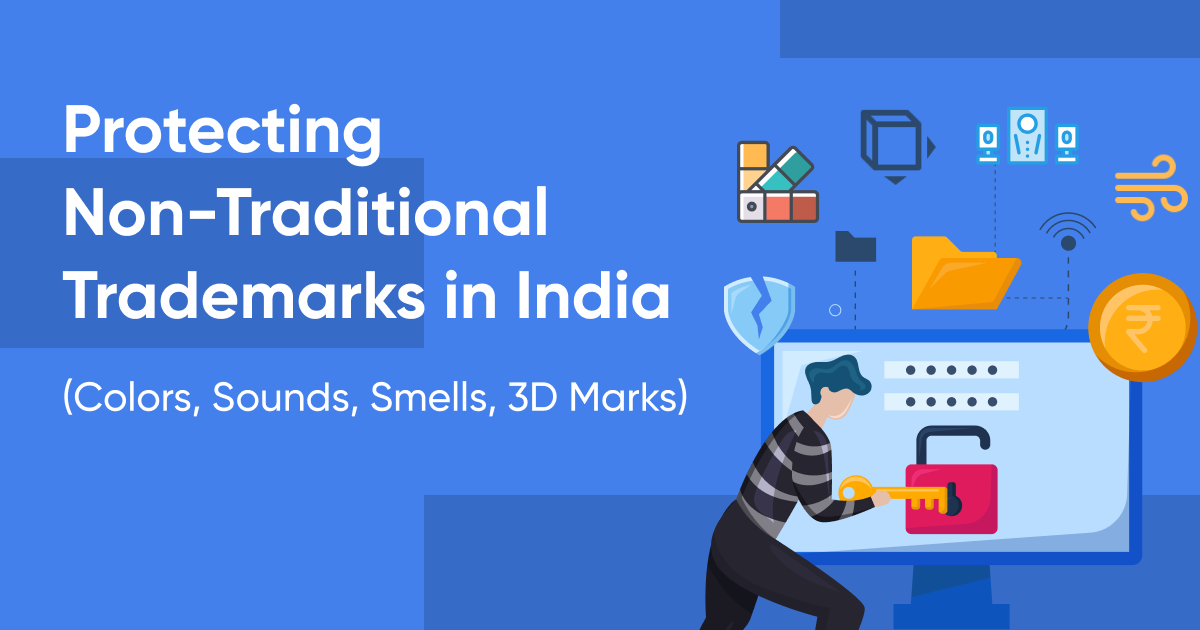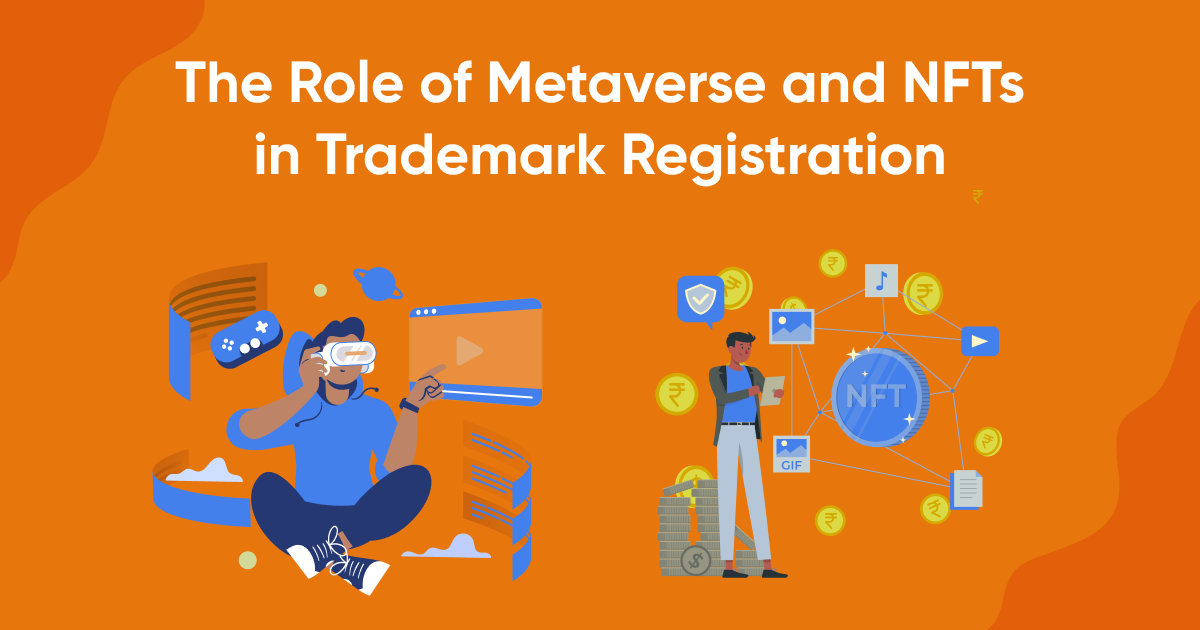Trademark registration is an essential step for securing the exclusive rights to your brand. However, during the registration process, two common challenges may arise: trademark opposition and trademark objection. While these terms may seem similar, they have distinct meanings, purposes, and implications.
This blog explores the differences between trademark opposition and trademark objection in detail, outlining their procedures, legal implications, and how businesses in India can navigate these hurdles effectively.
What Is a Trademark Objection?
A trademark objection is raised during the examination phase of the trademark registration process. It is issued by the Trademark Examiner when the application does not meet specific legal criteria or has discrepancies that need clarification.
Common Reasons for Trademark Objection
- Similarity to Existing Trademarks The trademark closely resembles an already registered mark or an application under process.
- Descriptive in Nature The trademark uses generic terms that describe the goods or services instead of distinguishing them.
- Prohibited Words or Symbols The trademark contains offensive, deceptive, or restricted elements under the Trademarks Act.
- Lack of Distinctiveness The trademark fails to create a unique identity for the goods or services.
- Incorrect Classification Errors in choosing the appropriate class for trademark registration.
How to Respond to a Trademark Objection?
- Review the Examination Report Understand the reasons for the objection.
- File a Reply Submit a written reply addressing the concerns raised by the examiner within the stipulated time (30 days in India).
- Attend the Hearing If required, attend a hearing with evidence to support your application.
- Modify the Application Make necessary changes to the trademark or its details, if applicable.
What Is a Trademark Opposition?
A trademark opposition occurs after the trademark is published in the Trademarks Journal but before it is officially registered. Opposition is initiated by a third party who believes the trademark infringes on their rights.
Common Reasons for Trademark Opposition
- Likelihood of Confusion The trademark may cause confusion among consumers due to its similarity to an existing mark.
- Bad Faith Application The trademark is filed with malicious intent, such as copying an established brand.
- Generic or Descriptive Mark The trademark lacks originality or is too generic to qualify for exclusive rights.
- Violation of Existing Rights The trademark infringes upon copyrights, patents, or other intellectual property rights.
- Non-Use of Trademark The opposing party claims that the applicant has no intention of using the trademark.
How to Handle a Trademark Opposition?
- Filing a Counter-Statement Respond to the opposition notice within two months of receiving it.
- Submit Evidence Provide documents proving the uniqueness and validity of your trademark.
- Attend Hearings Participate in hearings to defend your case with substantial proof.
- Decision by Registrar The Registrar will evaluate the evidence and make a final decision.
Key Differences Between Trademark Objection and Opposition
- Stage of Occurrence Trademark objection is raised during the examination phase, while trademark opposition occurs after the trademark is published in the journal.
- Initiator Trademark objection is raised by the Trademark Examiner, whereas trademark opposition is raised by a third party.
- Purpose Trademark objection ensures compliance with legal criteria, while opposition protects the rights of existing trademark owners.
- Resolution Process Trademark objection requires clarification or modification by the applicant, while opposition involves a legal proceeding between the applicant and the opposing party.
- Outcome If a trademark objection is unresolved, the application is rejected. If opposition is upheld, the trademark is denied registration.
Importance of Addressing Objections and Oppositions
Failing to address objections or oppositions effectively can lead to delays, rejection, or loss of trademark rights. Handling these issues promptly ensures that your brand is legally protected and avoids unnecessary complications.
How Trademarkia Can Help
Navigating trademark objections and oppositions requires expertise and timely action. Trademarkia provides professional assistance in resolving objections, filing counter-statements, and defending your trademark rights, ensuring a smooth registration process.
Practical Tips for Avoiding Objections and Oppositions
- Conduct a Comprehensive Trademark Search Ensure your trademark is unique and does not conflict with existing marks.
- Follow Legal Guidelines Adhere to the requirements of the Trademarks Act while designing your trademark.
- Use Precise Classification Choose the correct class of goods or services for your trademark application.
- Provide Complete Documentation Submit accurate and complete details to avoid unnecessary queries.
- Engage a Professional Seek legal advice to minimize errors and handle potential objections or oppositions effectively.
Conclusion
Trademark objections and oppositions are common challenges during the trademark registration process. While objections are procedural hurdles raised by examiners, oppositions are disputes initiated by third parties. Understanding their differences and addressing them promptly is crucial for securing your trademark rights.
By taking a proactive approach and leveraging professional support, businesses can navigate these challenges and protect their brand identity.
